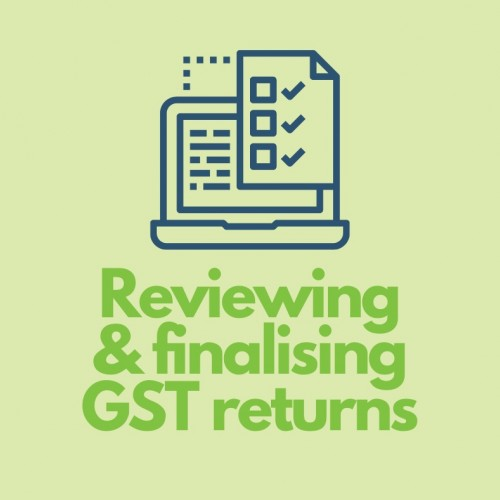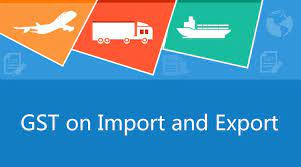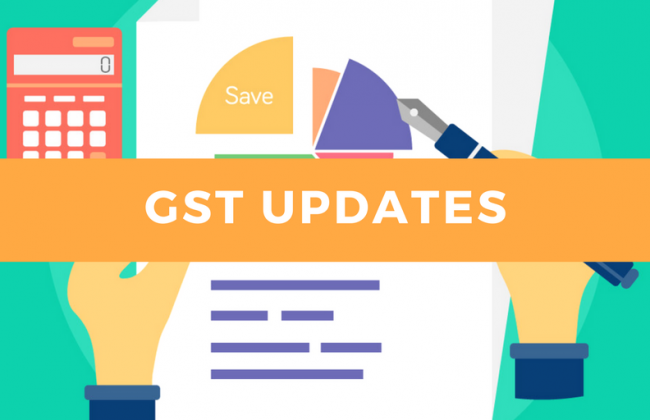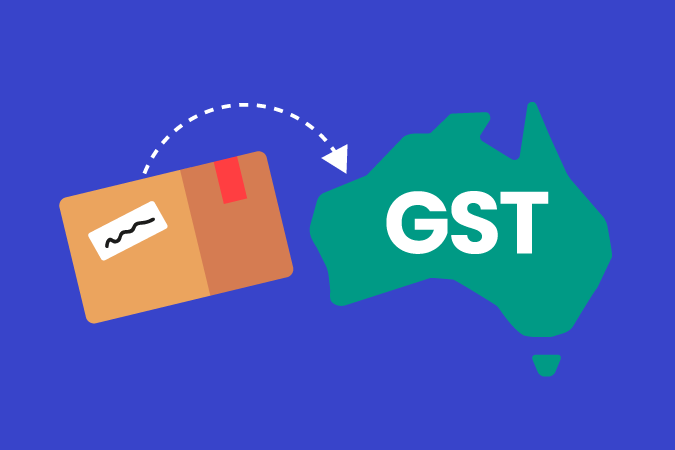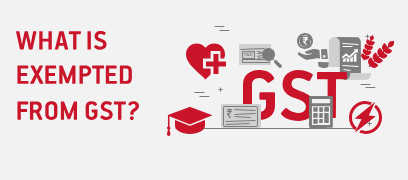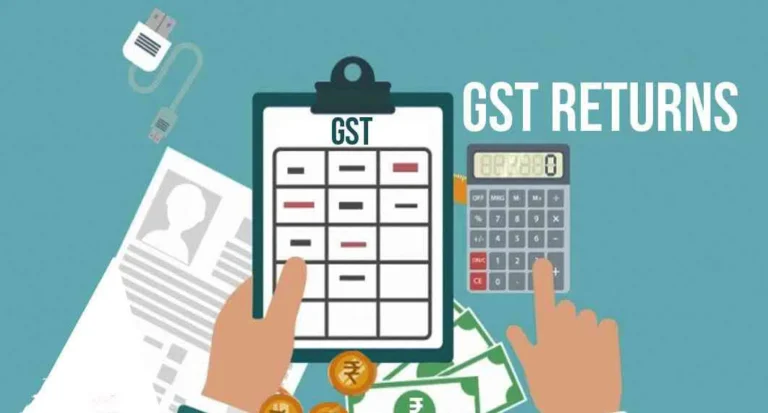A GST audit by the Inland Revenue Department (IRD) is the process of looking at business records and finances to see if a business or entity has fulfilled all tax requirements and compliance set by the government. GST audit reports enlist all transactions and payments in a GST return filed by a business entity.
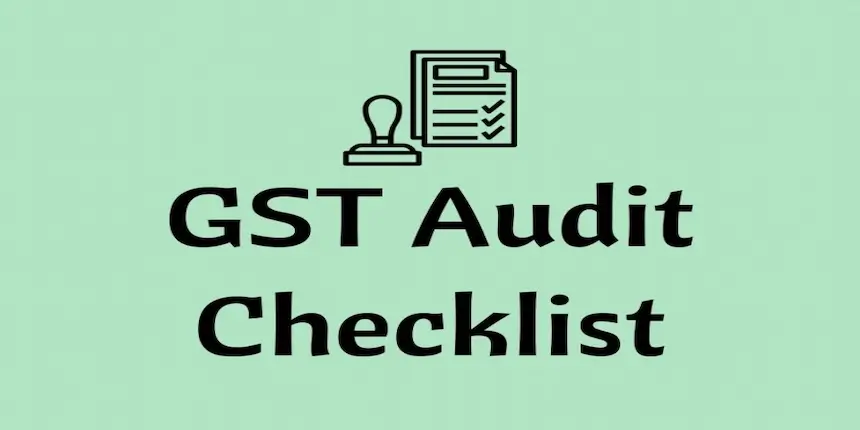
Filing a GST Return and GST Audit Report in New Zealand
GST Return is the process whereby a GST-registered business declares how much GST they have charged and GST paid during a tax period. This GST return is submitted in the form of a GST report. A GST return report includes the total number of sales plus GST, GST charged on the sales, and expenses including GST paid on any taxable activity. This also includes the amount of GST a business is claiming for goods and purchases during that period.
Most businesses registered for GST must file GST returns on a one-monthly, two-monthly, or six-monthly basis and the deadline for GST returns in NZ is 28 of each month. The only exceptions are: 31 March GST returns are due on 7 May and 30 November GST return is due on 15 January. As a business, you select the filling frequency i.e., how often you want to file GST at IRD. If the business yields a profit that exceeds $24 million in the last 12 months, you must file GST every month. For a turnover in a 12-month period that is less than $24 million, then a two-monthly basis filing is suitable. For a business with an annual turnover of $500,000 a six-monthly GST return is preferable.
It is expected that the business will file GST with proper due diligence and follow compliance guidelines set by the Inland Revenue. Even if there are mistakes or gaps in
there is an option to ask IRD for GST adjustments (read more about it here) and any mistakes can be fixed by contacting IRD.
Now a GST Audit is a report that checks business records like invoices, payments, and contracts to make sure the correct amount of goods and services tax is paid. After a GST audit, you may need to pay any tax due or claim back the extra GST you might have paid and use the online tool calculate gst in nz to calculate the GST in new clicks.
Inland Revenue Audit and Tax Records
As per the IRD, a GST audit examines the business and financial activity of a registered business by sometimes checking the GST registration status or full record of taxable activities. These audits are a way to ensure there are no GST-related issues in filling GST and that businesses are fulfilling their tax obligations. These are some basic aspects of taxation-related audits that the New Zealand Tax authorities carry an during an audit and financial review:
New Zealand GST Audit Process
GST Audit and Tax Shortfalls
In case the audit report finds tax shortfalls, then penalties are applicable. The penalties are categorised as follows:
- Not taking reasonable care: As per the rules, you must take reasonable care while performing tax duties. otherwise, a 20% liability may be incurred for tax shortfalls.
- Unacceptable tax position: legally this is defined as ‘ fails to meet the standard of being about as likely as not correct.’ This also results in a 20% penalty.
- Gross carelessness: If the record shows gross carelessness in filing GST, then a 40 % penalty is incurred for the shortfall.
- Abusive tax position: Any agreement and activity that is undertaken to avoid tax is a grave violation and may result in a 100% penalty.
- Evasion: Tax evasion is a serious crime and may include evading taxes, claiming GST that you are not entitled to, and withholding tax. This results in a penalty of 150 in tax shortfalls. Tax evasion can also lead to imprisonment and a fine of up to $50,000.
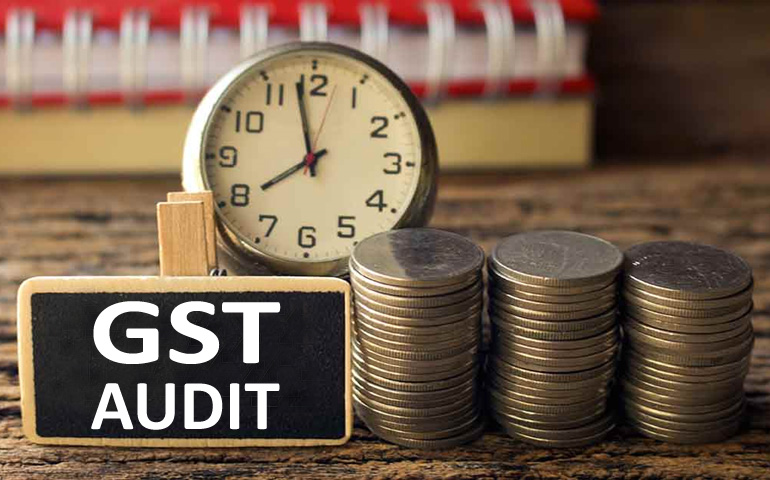
Audits are a way to keep checks and balances in taxation and this financial reporting by authorities is in place to ensure businesses pay the right taxes in a fair manner. Goods and services tax is a value-added tax that is collected directly or indirectly and is essential for financial regulations. As a responsible and GST-registered business, it is advisable to comply with GST rules and cooperate with authorities to conduct GTS adults.

